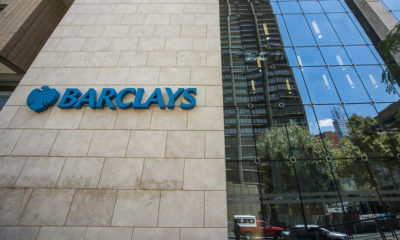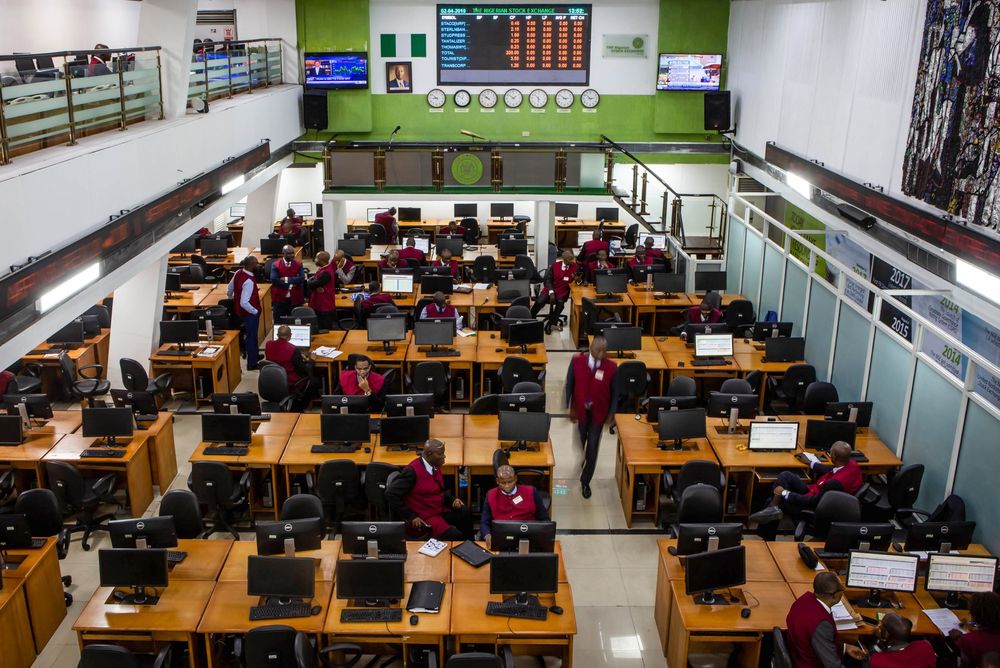A relatively slow start to the week as investors continue to digest Friday’s jobs report and what it means for financial markets just as some optimism was returning.
The report itself was strong almost across the board, with participation being the only outlier, but Fed officials will not have been quite so enthused which makes it a tough one for investors to get too excited about.
On the one hand, it strengthens the argument that the economy is not really experiencing a recession as the labour market is simply too strong. On the other, it’s also extremely tight and wages are continuing to rise at a fast rate which will make the task of fighting inflation that much harder.
With another 75 basis point rate hike next month now the favoured outcome, although a lot can change in that time, it could be a nervy couple of days for investors ahead of Wednesday’s inflation report. It turns out the shift to data-dependency isn’t all it was cracked up to be.
Another record Chinese trade surplus but also more lockdowns
It’s a relatively quiet day, and the economic calendar continues to look very thin. How traders continue to respond to Friday’s report will be key in how we start the week. Asia is off to a mildly positive start but it’s nothing to write home about.
Cities on the Chinese resort island of Hainan have been placed in lockdown following another Covid outbreak, reminding investors once more of the country’s commitment to its zero-Covid policy at all costs. At the same time, Hong Kong has sought to appease residents and the business community by cutting quarantine periods from seven days to three. While still very restrictive compared to much of the world at this point, it was a bolder move than anticipated and highlighted the pressure to return to normal life.
Chinese trade data highlighted the struggles of the domestic economy, with imports rising 2.3% annually last month while exports remained surprisingly strong up 18%, delivering another record trade surplus. The numbers aren’t expected to remain quite so favourable in the months ahead as reopening momentum fades, leaving the import numbers a concern.
Iran talks resume as oil makes small gains
Oil prices are a little higher today, recovering from the lows on Friday. The jobs report highlighted how strong the economy remains although traders are now increasingly nervous about more aggressive tightening sending the economy into a deeper recession further down the road. It really is a lose-lose.
The resumption of Iran nuclear talks today is one potential downside risk for the oil price, given the ability of the country to quickly ramp up production if a deal is struck. Not to mention its reportedly large oil and gas reserves. A deal could apparently be struck within days although we have heard that a lot at times this year.
Gold nervously eyeing inflation data
Gold is flat today after Friday’s jobs report took the wind out of its sails. The recovery trade was being fueled by the belief that data-dependency meant a slower pace of tightening but that’s now clearly not the case (nor was it ever, in fairness). We may see some nervy trading in the yellow metal ahead of Wednesday’s inflation report although it still seems to have an eye on $1,780-1,800 which is the next major test to the upside.
A swift recovery
Sentiment across the markets looks a little fragile this morning and yet crypto appears to have shrugged off Friday’s shock much more quickly. Up more than 3% this morning and climbing once more with its sights set on $25,000 it seems. The momentum indicators will be fascinating here as the recovery appeared to be losing steam during the last ascent in late July.


 Forex3 weeks ago
Forex3 weeks ago


 Naira2 weeks ago
Naira2 weeks ago
 Billionaire Watch2 weeks ago
Billionaire Watch2 weeks ago




 Naira2 weeks ago
Naira2 weeks ago




 Naira2 weeks ago
Naira2 weeks ago




 Naira1 week ago
Naira1 week ago




 Naira4 weeks ago
Naira4 weeks ago




 Naira3 weeks ago
Naira3 weeks ago




















